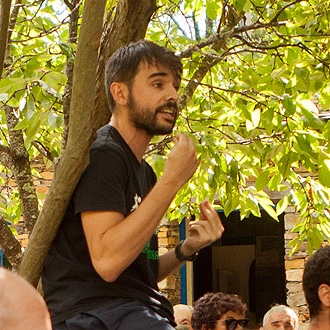The commons at the intersection of forest fires and land tenure: insights from Galicia (Northwestern Iberia)
Published in Review of Agricultural, Food and Environmental Studies, 2024
Abstract
The use of fire as a tool for environmental management has been widely practiced across societies worldwide as a crucial agent of landscape transformation. However, the recent surge in large forest fires poses significant risks due to their uncontrollable intensity, requiring new strategies in forest management and fire prevention. As rural areas in southern Europe are grappling with depopulation due to urban migrations, collective initiatives are being reconsidered as a territorial resilience approach for rural communities. This research aims to explore the link between traditional commons and forest fire prevention. To do so, the phenomenon of fires in Galicia (NW Spain), an area with a notable incidence of fire in southern Europe, is studied statistically and cartographically from the perspective of land tenure. The primary objective is to characterise the incidence of fires according to the three types of property: public, private, and common land. Empirical research reveals that while fire activity is more severe on common land, this is due to the correlation with preceding rural depopulation and the concentration of traditional commons in areas with harsher climates. Furthermore, specific cases of effective fire prevention and territorial resilience in common land are analysed and discussed. Ultimately, the benefits and opportunities offered by collective forest management in fire prevention are highlighted, providing a compelling case for exploring this approach further.
